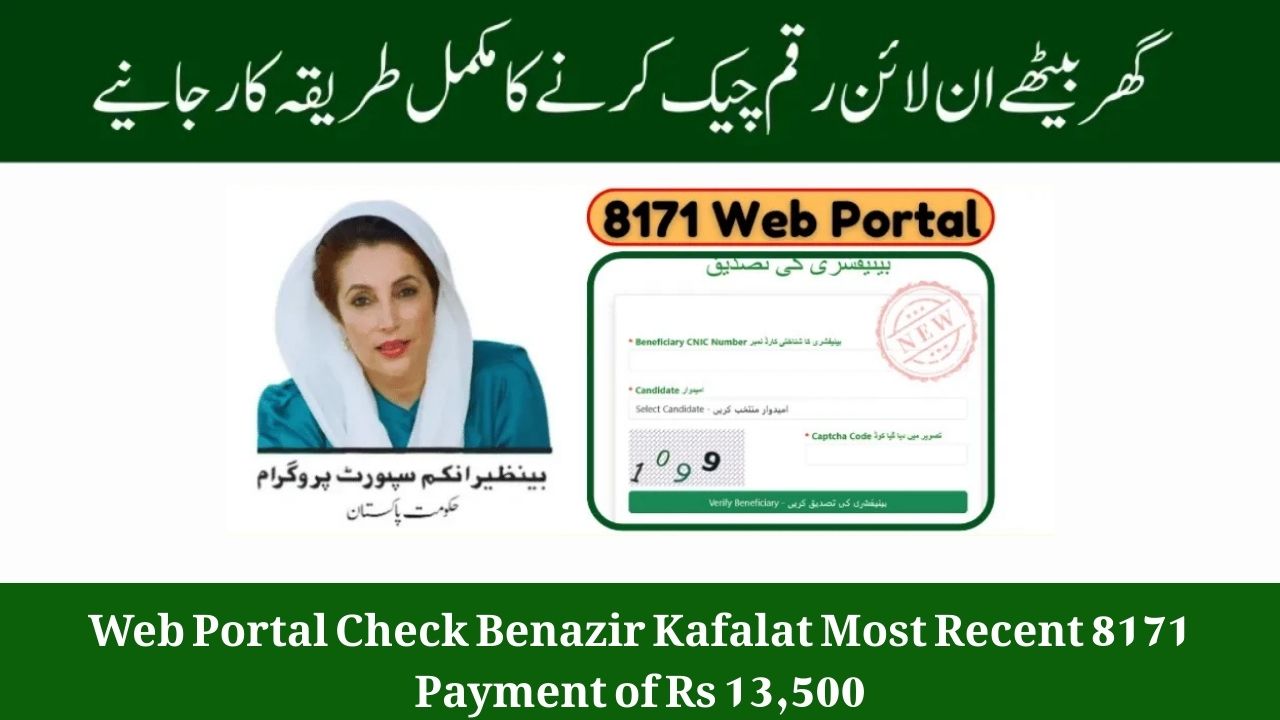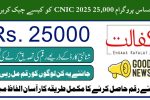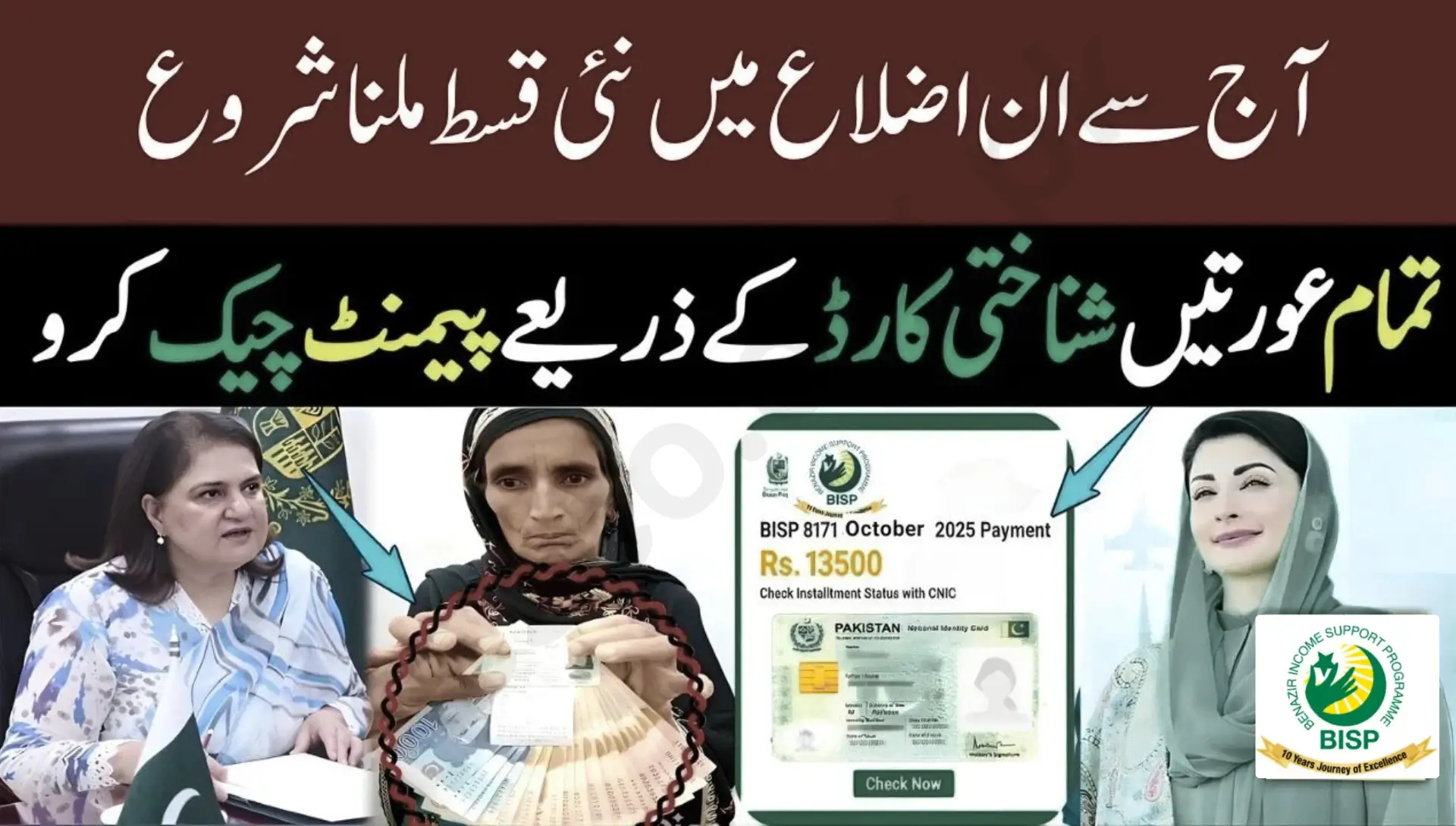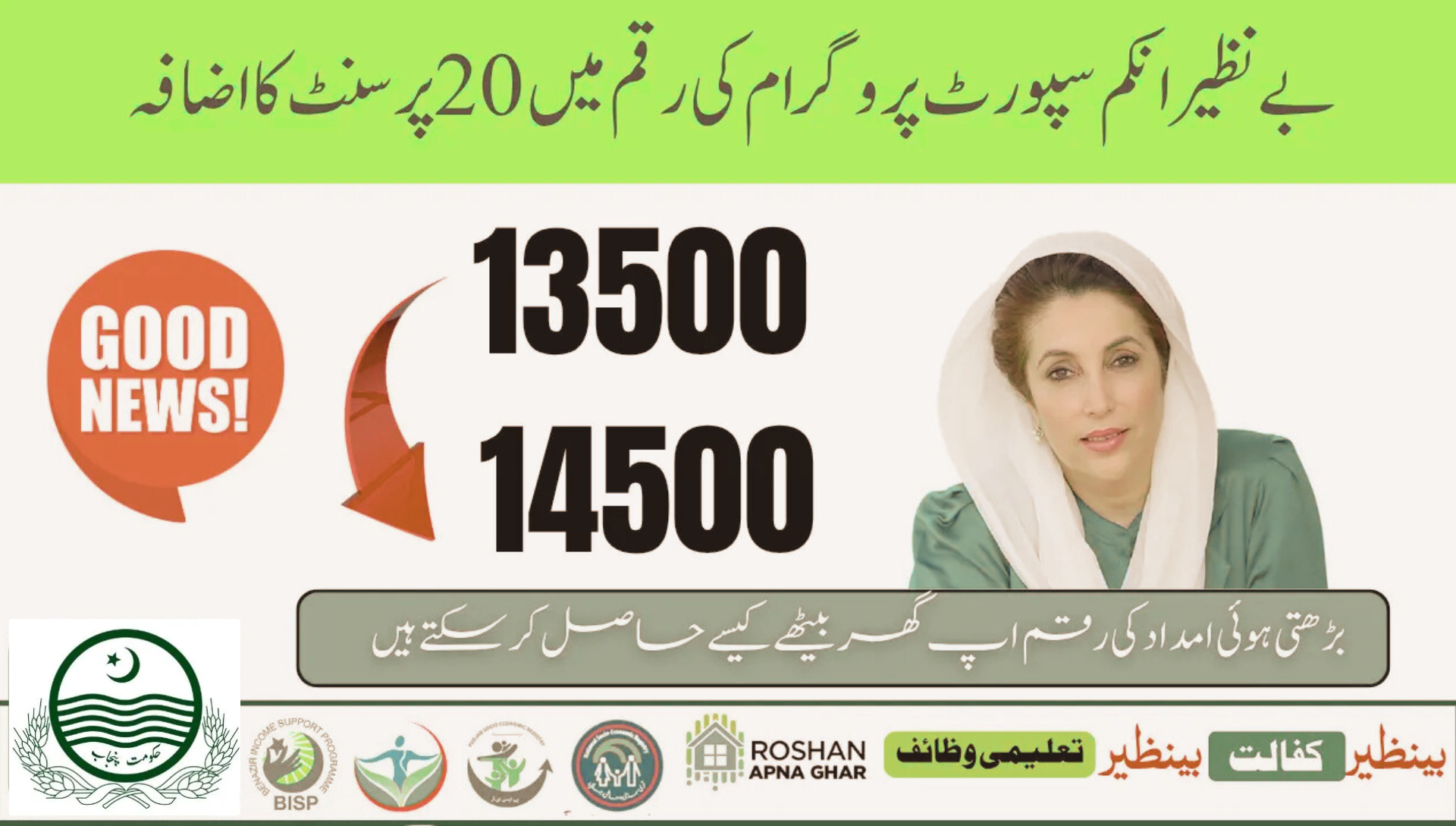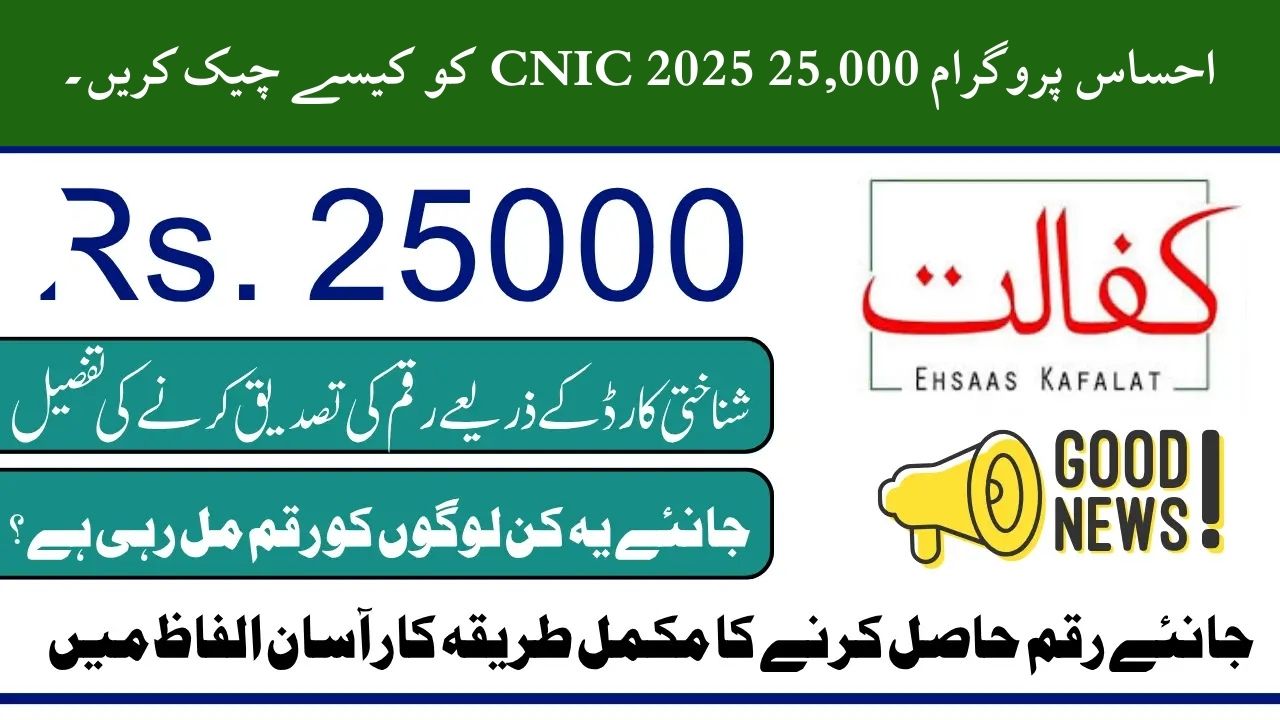BISP ATM Withdrawal 2025 – How Beneficiaries Can Collect Payments Easily. The Benazir Income Support Programme (BISP) is Pakistan’s leading social welfare initiative, providing monthly financial support to millions of deserving families. For many poor households, this payment is a lifeline that helps them manage food, school fees, electricity, healthcare, and other basic needs.
In the past, BISP beneficiaries had to rely on payment camps or agents to collect their money. These methods often created problems such as long queues, delays, and illegal deductions. To fix these issues, the government has introduced ATM-based payment withdrawals, which are now considered one of the most convenient, secure, and transparent methods in 2025.
Why ATM Withdrawals Are Better
ATM withdrawals are quickly becoming the preferred method of collecting BISP payments because they offer:
- Time saving – No need to stand in long queues.
- Direct access – Payments are transferred directly without middlemen.
- Transparency – Beneficiaries receive the full amount without cuts.
- 24/7 Availability – ATMs operate day and night.
- Dignity and privacy – Women can withdraw inside secure ATM booths.
- Security – Biometric verification ensures only the rightful person receives the money.
Confirming That Your Payment Is Ready
Before visiting an ATM, always check if your payment has been released:
- Open SMS on your mobile.
- Type your 13-digit CNIC number.
- Send it to 8171.
- You will get a reply showing:
- If your payment is available
- The exact amount released
- Any special instructions (e.g., CNIC renewal required)
⚠️ If the SMS shows that the payment is not ready, wait until you receive confirmation before going to the ATM.
Banks That Support BISP ATM Withdrawals
In 2025, BISP has partnered with banks across Pakistan:
- Habib Bank Limited (HBL) – The main bank with the largest ATM network for BISP beneficiaries.
- Bank Alfalah – Also supports BISP withdrawals.
- Other partner banks – Being added under the government’s digital expansion plan.
Note: Only ATMs equipped with biometric scanners can process BISP payments.
How to Withdraw BISP Payments from ATMs
Step 1: Visit a biometric ATM
Go to an HBL or Bank Alfalah ATM with biometric facilities.
Step 2: Select withdrawal option
- With Debit Card: Insert your BISP card, enter PIN (usually last 4 CNIC digits), choose “Cash Withdrawal,” and enter the amount.
- With CNIC (No Card): Select the CNIC option, type your CNIC number, and place your thumb on the biometric scanner.
Step 3: Check balance
Confirm the amount available before withdrawing.
Step 4: Withdraw stipend
Enter the withdrawal amount, collect your cash, and take the receipt.
Step 5: Secure your money
Keep cash safe and avoid displaying it publicly.
Common Issues & Quick Solutions
| Problem | Solution |
|---|---|
| Fingerprint not matching | Wash and dry hands, press lightly. Try another ATM. If it still fails, visit a BISP office. |
| ATM has no cash | Come back later or use another nearby ATM. |
| Money deducted but not received | Keep the receipt. Usually, the money is reversed within 2–3 working days. If not, contact the bank or BISP helpline. |
| Card blocked after wrong PIN | Visit the bank branch to reset PIN. |
| ATM out of service | Cancel the transaction and use another ATM. |
Can Someone Else Collect My Payment?
No. Only the registered woman beneficiary can withdraw BISP funds. The system requires fingerprint verification, which protects against fraud.
For elderly or disabled beneficiaries unable to use ATMs, payments can still be collected through BISP tehsil offices or designated payment camps.
Alternatives to ATM Withdrawals
If you do not have access to an ATM, you can still collect your stipend from:
- Retail outlets like JazzCash or Easypaisa.
- Payment camps set up by BISP at tehsil headquarters.
Both alternatives also use biometric verification for security.
Safety Tips for Collecting BISP Payments from ATMs
- Use only official BISP-linked bank ATMs.
- Always carry your CNIC, debit card (if issued), and 8171 SMS confirmation.
- Never share your PIN with anyone.
- Withdraw cash during daylight for safety.
- Keep ATM receipts until the next cycle.
- Avoid taking help from strangers inside ATM booths.
- For problems, call the BISP helpline 0800-26477.
Real Example: Fatima Experience
Fatima, a widow from Multan, once spent hours at BISP camps and often faced illegal deductions from agents. In 2025, she confirmed her payment via 8171 SMS and visited an HBL ATM. With her CNIC and thumbprint, she withdrew her full stipend within minutes—without cuts or delays.
Her experience shows how ATMs are restoring dignity and fairness for poor families.
Future of Digital BISP Payments
ATM withdrawals are just the beginning. The government plans to expand digital financial services by introducing:
- Universal debit cards for all BISP beneficiaries.
- Mobile wallets directly linked to CNICs.
- Real-time deposit SMS alerts.
- Micro-savings and small loan opportunities.
This move connects low-income families with Pakistan’s digital banking system and provides them long-term financial empowerment.
FAQs
Q1: How do I check if my payment is ready?
Send your CNIC to 8171 via SMS.
Q2: Do I need a debit card?
Not necessarily. You can use CNIC with biometric verification directly.
Q3: What if the ATM deducts money but gives no cash?
Wait 2–3 days for automatic reversal. If not reversed, contact the bank or call the BISP helpline.
Q4: Can I collect payment from any ATM?
No. Only from partner banks (HBL, Bank Alfalah) with biometric ATMs.
Final Thoughts
Collecting your BISP payment through ATMs in 2025 is the fastest, most secure, and most transparent method available. The process is simple: confirm payment via 8171, visit a biometric ATM, verify with CNIC or card, and withdraw cash.
While minor issues may occur, the solutions are straightforward. For those without ATM access, retail outlets and BISP camps are still available.
This digital transformation of BISP is more than convenience—it’s about dignity, empowerment, and financial inclusion for Pakistan’s most vulnerable families.

